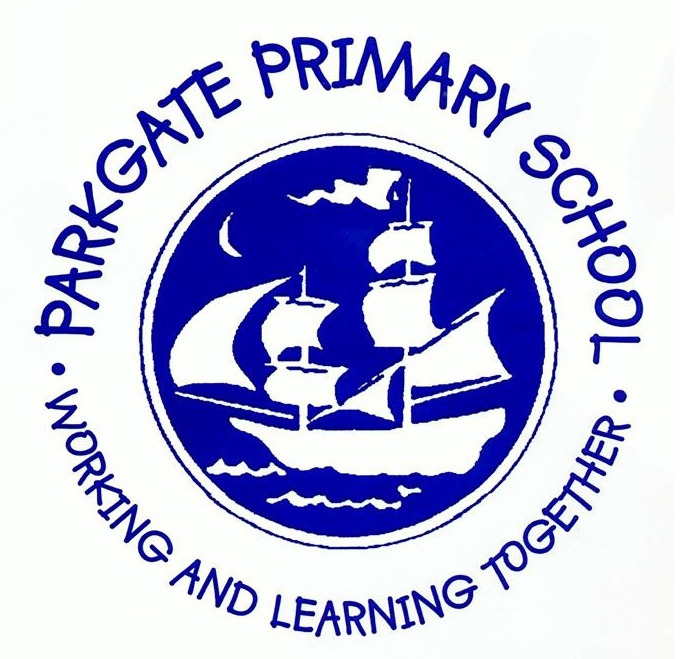Science
Intent
The Scientific learning at Parkgate Primary School is active, adventurous and knowledge generating. It will encourage curiosity, awe and wonder, providing foundations for an excellent understanding of the world through Biology, Chemistry and Physics. The curriculum aims to embed knowledge, develop concepts and skills, and create positive attitudes to support a life long learning journey.
What does Science look like?
Science at Parkgate Primary School is ambitious and motivates our children to become resilient and independent learners. The curriculum is designed to use indoor and outdoor activities to acquire the key knowledge that has been identified within each unit and across each year group. In every topic, skills are taught to explore, discuss and present findings in a knowledgeable and enthusiastic environment, the children investigate scientific learning and work scientifically. These skills are embedded, revisited and developed throughout their time at school.
Topics such as everyday materials and plants are taught in Key stage one and in further detail in Key Stage 2. This increases enthusiasm and allows children to build upon prior knowledge whilst securing this in their long term memory. At Parkgate we have identified key areas of progression throughout the year groups which underpin all work in Science and highlights what we expect to see being taught and demonstrated through children’s learning.
|
EYFS |
KS1 |
KS2 |
UKS2 |
|
Curiosity Wonder Exploration |
Observing closely Exploration Collaborative Work Discussion Observation |
Reasoning Observation Discussion Planning Obtaining and Presenting Evidence |
Discussion Reasoning Ability to hypothesise using prior knowledge Independently apply skills Considering evidence and Evaluating |
The progression of skills allow every child to think independently and raise questions about working scientifically at their own skill level. They allow children to bring their own knowledge and skills into their learning, encouraging competence and confidence in practical work and Science. The evidence and observation stages follow Neston High School’s Scientific planning, where each Key Stage develops competence in fair test planning, carrying out scientific investigations and verbal explanations before moving onto reporting findings and solving challenging hypothesise/ problems in KS2.
Impact
By the end of EFYS, children will:
Curiosity, Wonder, Exploration
- Explore the natural world around them, making observations and drawing pictures of animals and plants.
- Know some similarities and differences between the natural world around them and contrasting environments, drawing on their experiences and what has been read in class.
- Understand some important processes and changes in the natural world around them, including the seasons and changing states of matter
By the end of KS1, children will:
Observe closely, Explore, Work collaboratively, Discuss, Observe
- Know how and why humans, animals and plants all grow healthily.
- Investigate different materials in the world around us.
By the end of KS2, children will:
Reason, hypothesise and use prior knowledge, independently apply skills, consider evidence and evaluate
- To build an extensive vocabulary and discuss our observations of the world around us.
- They will use their previous scientific learning to make choices and decisions about the world.
